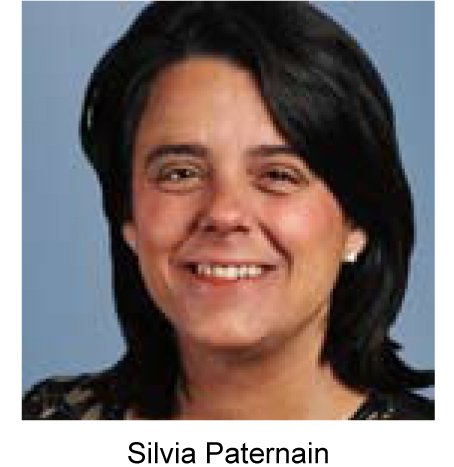Raising the ‘Bar’ in your legal career
In these extremely competitive times, one has to find a way to stand out from the crowd in order to survive in the legal profession. As it is currently much harder to secure a training contract or a position in a leading law firm, students and graduates are finding ways to differentiate themselves from the competition.
One way is by taking an LLM. Recent Spanish and Portuguese graduates, and even some experienced lawyers, are doing so either at home or abroad and, in some cases, even seeking admission to be able to practice in foreign jurisdictions, often New York or London.
The LLM
An LLM is a postgraduate law degree – a ‘masters’ – helping students to specialise in certain areas of law. It can be a key differentiator and open employment doors through the additional knowledge and experience acquired. An LLM in Europe or in the US is typically a one year course, often including experience both in the classroom and workplace.
The current top LLM courses can be found in an FT ranking list, which includes, Universidade Católica Portuguesa, Lisbon; ESADE, Barcelona; IE Law School, Madrid; and, ISDE, Madrid. The list can be found here
“Students can differentiate themselves by taking LLM at an excellent faculty with access to cutting-edge and relevant classes, practical experiences and professional opportunities,” says Adam Dubin, professor of the new LLM in International and European Business Law at Universidad Pontificia Comillas in Madrid. “Spanish faculties have an excellent reputation, both domestically and abroad, and Spanish law firms are keen to hire from schools with which they are familiar.”
However, when applying for an LLM, students need to consider how much they are willing to pay and what they expect the return to be.
Doing it abroad
The increasingly difficult employment situation in Spain has led students and lawyers to look abroad for opportunities. Unlike many other professions, practicing law in a foreign country comes with its own set of challenges due to the legal and procedural differences between jurisdictions. As a result, most countries require foreign lawyers to take an exam before being able to practice.
To practice as a solicitor in the UK, for example, foreign lawyers need to complete the Qualified Lawyers Transfer Test (QLTT), offered by the College of Law in London, regulated by the Solicitors Regulation Authority (SRA)
In the US, unless you have studied at a university in an English common law country, an LLM is required to be able to sit for the Bar Examination. While this allows foreign lawyers to practice in the US, it also adds extra professional value back home. Being able to practice in both Spain and the US is a relatively rare quality for a Spanish lawyer to have and it is extremely attractive to international law firms when recruiting.
The New York Bar Exam
The Bar Exam in New York, for example, happens twice a year: the last Tuesday and Wednesday of July and February in the New York, Albany and Buffalo.
The Exam takes place over two days, with the first counting towards 60% of the final grade and the second the remaining 40%. Many companies help students prepare for the Exam, as it is a very intense and challenging, and they do so with an eight week programme of classes (typically online) reviewing the materials included in the curriculum of the Exam with special emphasis on topics that are more likely to come up. For more information about the exam see: https://www.nybarexam.org/Foreign/ForeignLegalEducation.htm
Before applying for the bar Exam, students must research the relevant universities in the US and send in an application, which can often be a challenge for students not accustomed to the long application process frequently found in most US schools.
The application process
According to Chris Sykes of Legal English Consulting Group, a Madrid based company that helps Spanish students prepare LLM applications for US and UK schools, practicing outside Spain is becoming an increasingly attractive option for Spanish lawyers, bringing a lot of added value when going into the job market. However, prospective applicants should carefully study each country’s requirements to determine whether they can adequately apply.
“Applicants need to realistically assess their interest in studying and working in a foreign country,” he says. “It’s a big sacrifice and, ultimately, there’s no guarantee that after foreign study, individuals will receive a visa to stay in the country.”
With the uncertainty surrounding the legal profession in Spain and Portugal, one has to think outside the box, and increasingly outside Iberia, to secure a future in the profession.












